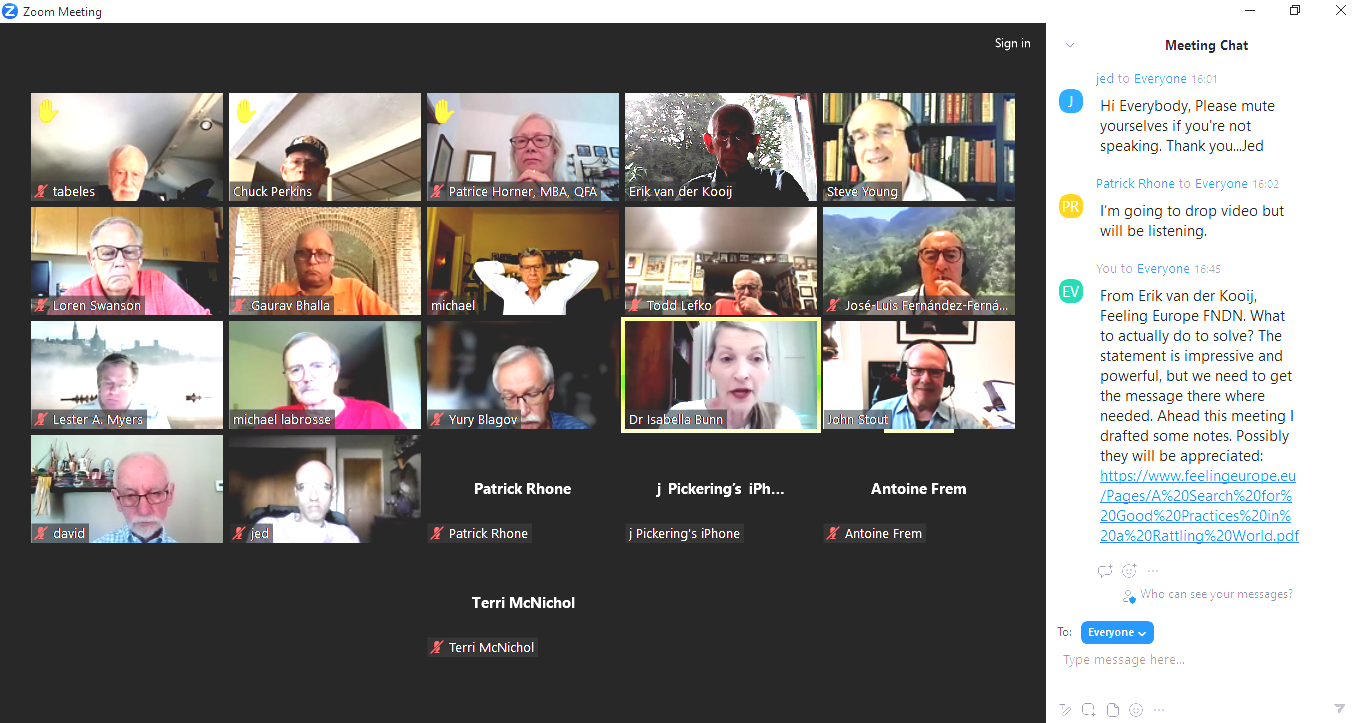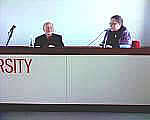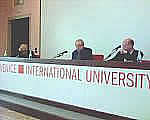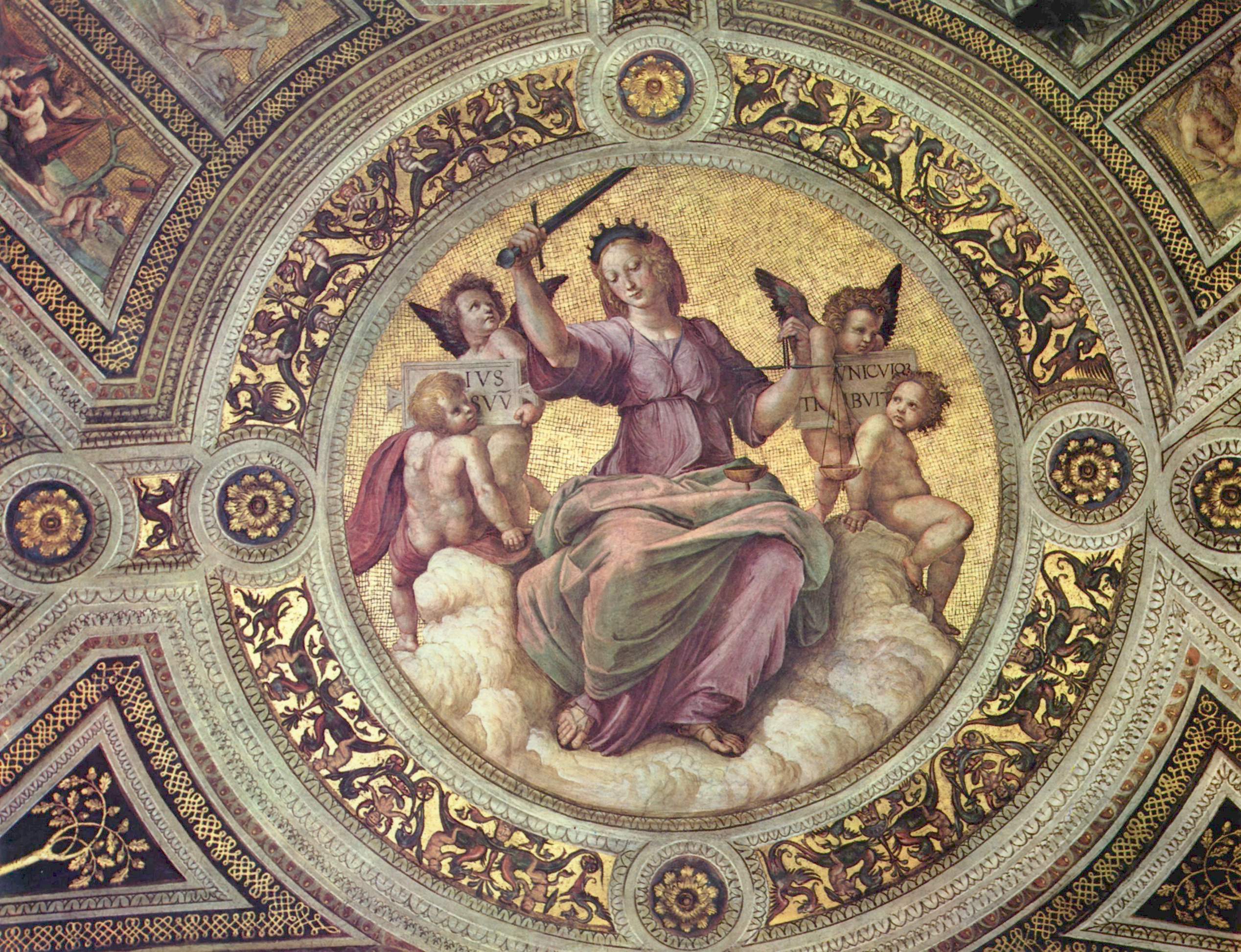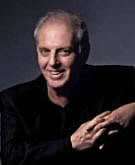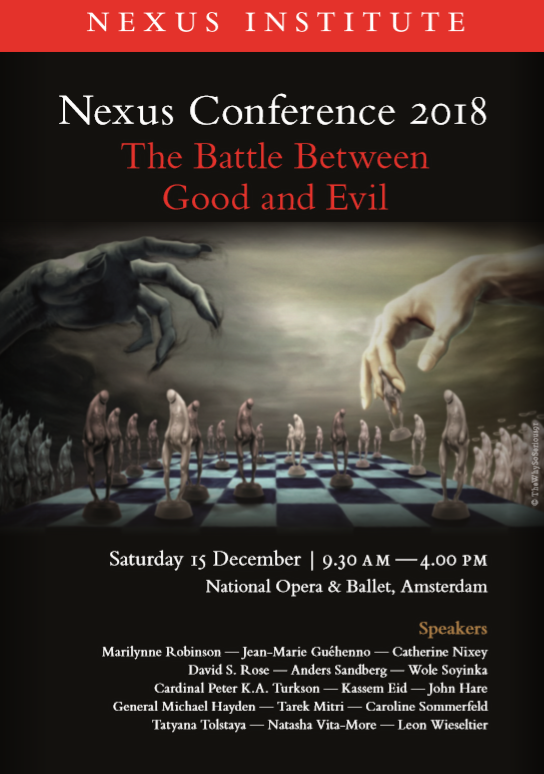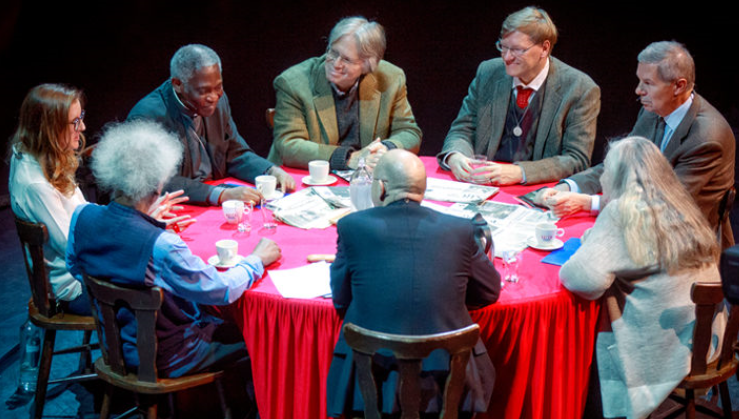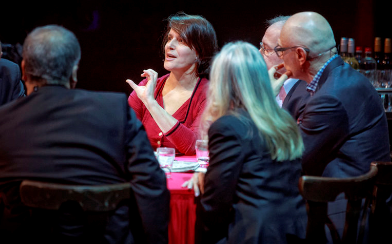Ethics is about using one’s freedom responsibly. It is about the question as to how people who are faced with a decision can act in a way which is beneficial for societal cooperation. Be it in a work situation, as a citizen or in a family unit, every individual is constantly faced with decisions which have moral implications. These situations are often also defined by countless empirical restrictions and by competing ideas about values and interests, which certainly cannot always be harmonized. This leads to conflict. Ethics has the task of providing points of orientation and instruments for the analysis, resolution and/or management of these conflicts. The degree to which we are able to accept responsibility for our actions today determines which freedoms are available to us in the future.
Social Order
In modern society, conflicts are generally resolved by our societal order. Thereby, it is necessary to distinguish between two levels:
- The formal rules of the game (laws, standards, contracts etc.) which determine which freedoms are granted and define the incentives which make desirable actions more attractive and punish undesirable actions,
-
The informal understanding of the game (ideals, values and convictions), which determine the discussion regarding which freedoms can be enjoyed within the social order and how new conflicts which emerge can best be resolved. Both levels of social order are integral for maintaining freedom. Prevailing ideas about values, in combination with the applicable formal rules define the expectations which people develop, where there is potential for cooperation or conflict and the latter will be experiences and dealt with. This applies equally to international cooperative ventures, national communities and specific organisations. Both levels of social order are being put under pressure. As a result of the increasing pace of development and the respective disruptions and growing uncertainty, prevailing rule systems are losing their power. (Digital) innovations, short-term crises and ad-hoc developments lead to conflicts, which often cannot be resolved using traditional means of analysis, standards and processes. In addition, the diverse traditions and ideals are coming into competition with one another. As a result, initiating and conducting a dialogue about potential means of conflict resolution is becoming increasingly difficult.
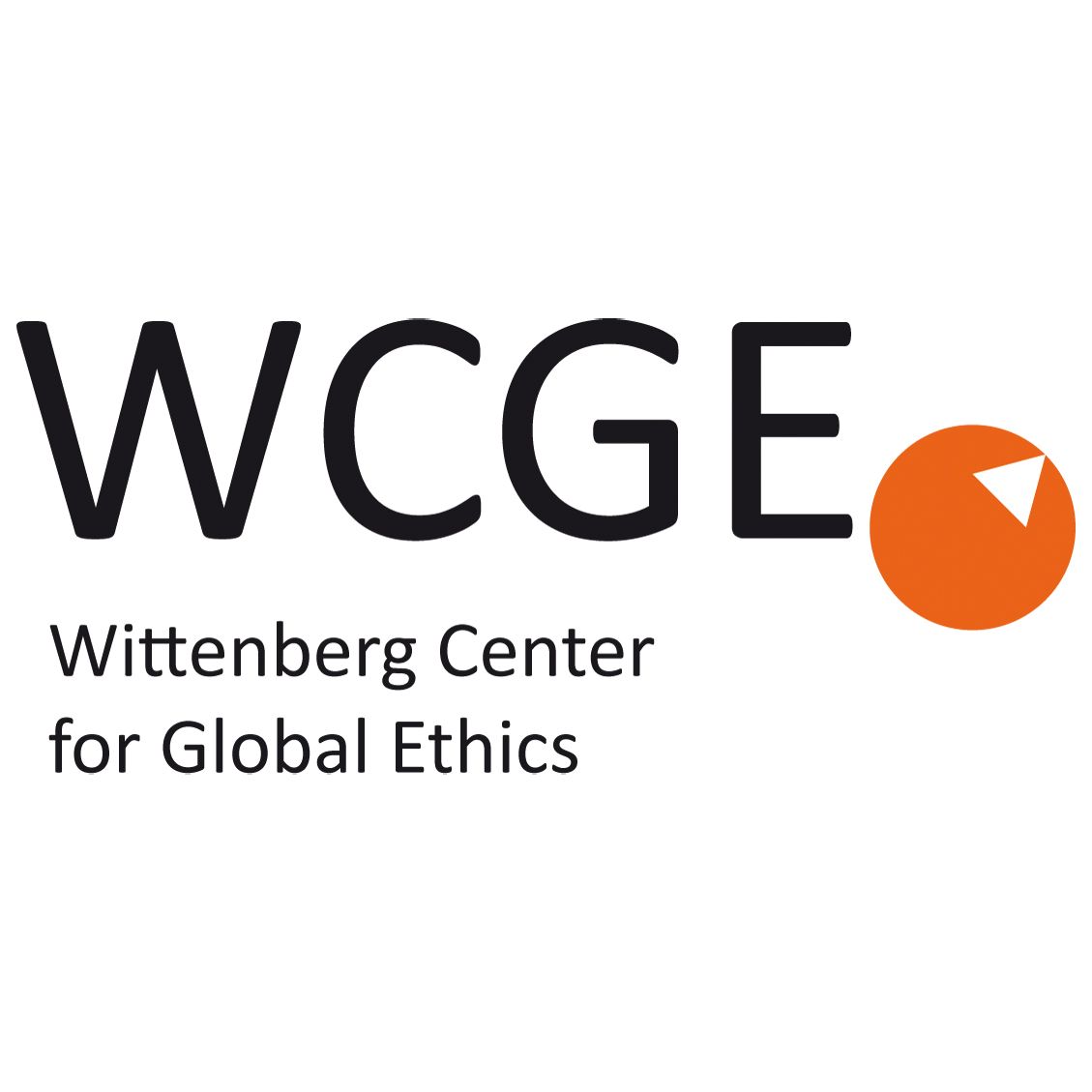 |
 |
The Wittenberg Centre for Global Ethics works to resolve societal conflicts by applying an approach to ethics developed by several generations of academics. Core interest is in communicating ethical principles which individuals, corporations and other organisations can apply in everyday situations. In the following, the most important premises of our approach to ethics will be explicated. The WCGE is a non-profit think tank, offering ethical orientations to current and future leaders to equip them with systematic analysis and decision-making schemes that can be applied in everyday work situations. We are an independent institution and take a global outlook. Work is based on a long-standing tradition of academic research and the specific formats we offer include seminars, dialogue processes and research as well as teaching projects. There is cooperation with politics, industry, science, civil society and the church. |
